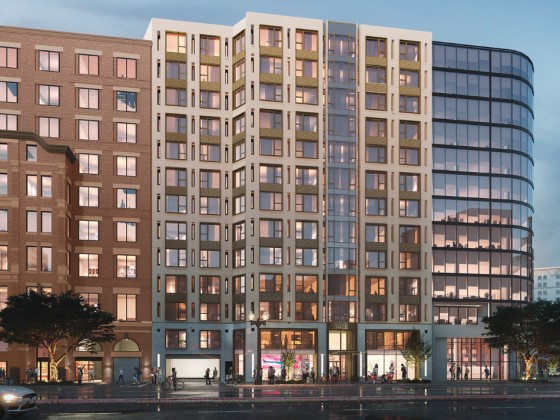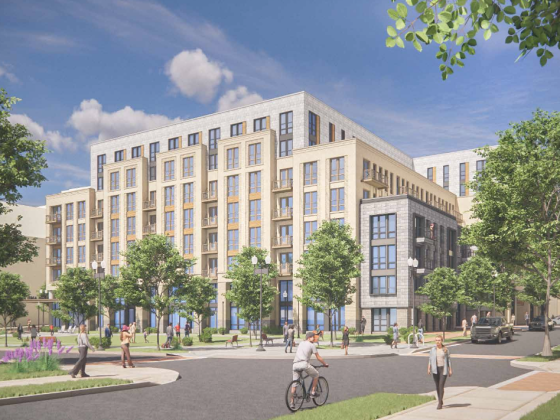What's Hot: The Zones That Could Lead To More Development in Chevy Chase Set To Go Before Zoning Commission
 DC May Soon Exercise its Right of Second Refusal
DC May Soon Exercise its Right of Second Refusal
✉️ Want to forward this article? Click here.
While the Tenant Opportunity to Purchase Act (TOPA) is the District’s most well-known and contentious housing law, TOPA has a lesser-known safety-net law; the problem is that it has never been utilized.
The District Opportunity to Purchase Amendment Act (DOPA) became law in 2008 with the intention that it would be used as a tool to preserve affordable housing in developments where tenants decline to exercise their TOPA rights. The law permits the mayor, courtesy of the Department of Housing and Community Development (DHCD), to purchase a building with five or more residential units if at least 25 percent of the rental units are affordable to households earning up to 50 percent of area median income (AMI).
The goal of DOPA is that these purchases would allow the city to maintain existing and create new affordable units. Similarly to TOPA, the city can assign the opportunity to purchase to a third party who commits to abiding by the same preservation commitment. Also, there are certain timeframes and deadlines associated with exercising those rights: 30 days to inform the owner and tenants of intent to purchase, a 150-day negotiation period, and 60 days to settle after a sale contract is ratified.
In the years since DOPA passed, DHCD has received DOPA notices in the same manner that tenants receive TOPA notices when a landlord is looking to sell. For examples, between fiscal years 2013-2015, the city received 121 notices, primarily for buildings in Ward 4. However, in no instance has the city ever exercised their right to purchase a property because a regulatory framework to standardize DOPA was never established.
story continues below
loading...story continues above
Two years ago, the mayor assigned a task force of public- and private-sector stakeholders to address DOPA and other issues related to affordable housing. The group drafted a regulatory framework for the use of DOPA, which is now under review within the government. While the final framework has not yet been released to the public, the task force has offered a wide array of suggestions as to how DOPA should operate. In order to select sites for DOPA purchase, DHCD will consider factors such as average cost per unit and will prioritize the following:
- Buildings in an area targeted for increased housing or income diversity;
- Building that are neglected or have amassed housing code or affordability requirement violations;
- Buildings that have a vacancy rate of at least 15 percent;
- Buildings that have an expiring ground lease or expiring affordable housing covenants;
- Buildings that have fewer than 20 units or cost no more than $2 million; and
- Buildings whose tenant population is 25 percent or more seniors or persons with disabilities.
Once the District exercises its DOPA rights, the goal is to be more of an intermediary than a long-term owner of the property. In order to select a qualified developer to assign those DOPA rights to, DHCD will consider the following:
- The developer’s record on compliance (being in good standing, meeting green building standards, working with community-based enterprises, etc.);
- Whether the developer is qualified and logistically and financially capable of carrying out the desired program;
- The developer’s record of successfully developing and selling or renting residential units;
- The developer’s intended approach of executing the goals of the project;
- The developer’s marketing program and plan for acquisition;
- The developer’s experience with ownership and asset management; and
- The developer’s general commitment to affordable housing.
Another suggestion the task force has entertained is leveraging the Department of Housing and Urban Development’s transfer processes like Section 8(bb), which allow for Section 8 contracts to be wholly or partially assigned from one development to another. DHCD plans to release a regulatory framework for DOPA in September, after which there will be a 30-day period of public commentary. The rules are anticipated to be finalized by the end of the year.
Correction: The article has been updated to clarify the status and timeline of the drafted regulations.
See other articles related to: dhcd, district opportunity to purchase amendment act, dopa, tenant rights, topa
This article originally published at http://dc.urbanturf.production.logicbrush.com/articles/blog/dc_might_soon_exercise_its_right_of_second_refusal/12897.
Most Popular... This Week • Last 30 Days • Ever

A look at the closing costs that homebuyers pay at the closing table.... read »
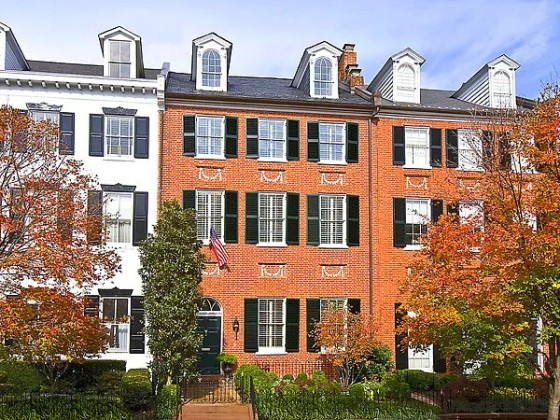
3331 N Street NW sold in an off-market transaction on Thursday for nearly $12 million... read »
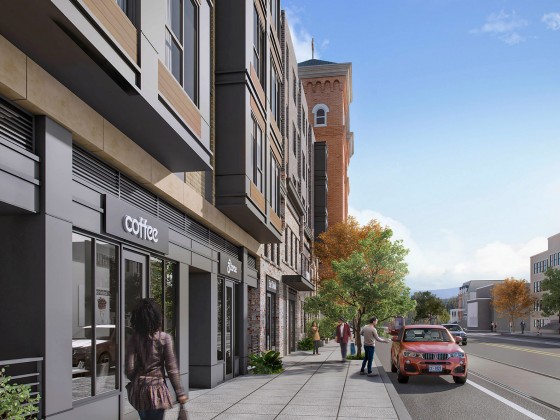
Today, we take an updated look at the pipeline of larger residential development on t... read »
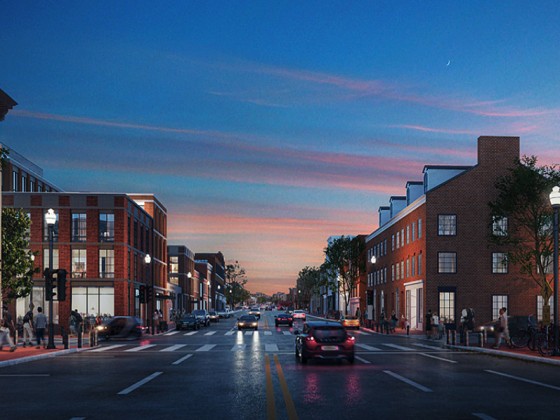
The development group behind the hotel has submitted for permit review with DC's Hist... read »

The volunteers trying to protect birds from DC's glass buildings; a Georgetown reside... read »
DC Real Estate Guides
Short guides to navigating the DC-area real estate market
We've collected all our helpful guides for buying, selling and renting in and around Washington, DC in one place. Start browsing below!
First-Timer Primers
Intro guides for first-time home buyers
Unique Spaces
Awesome and unusual real estate from across the DC Metro







